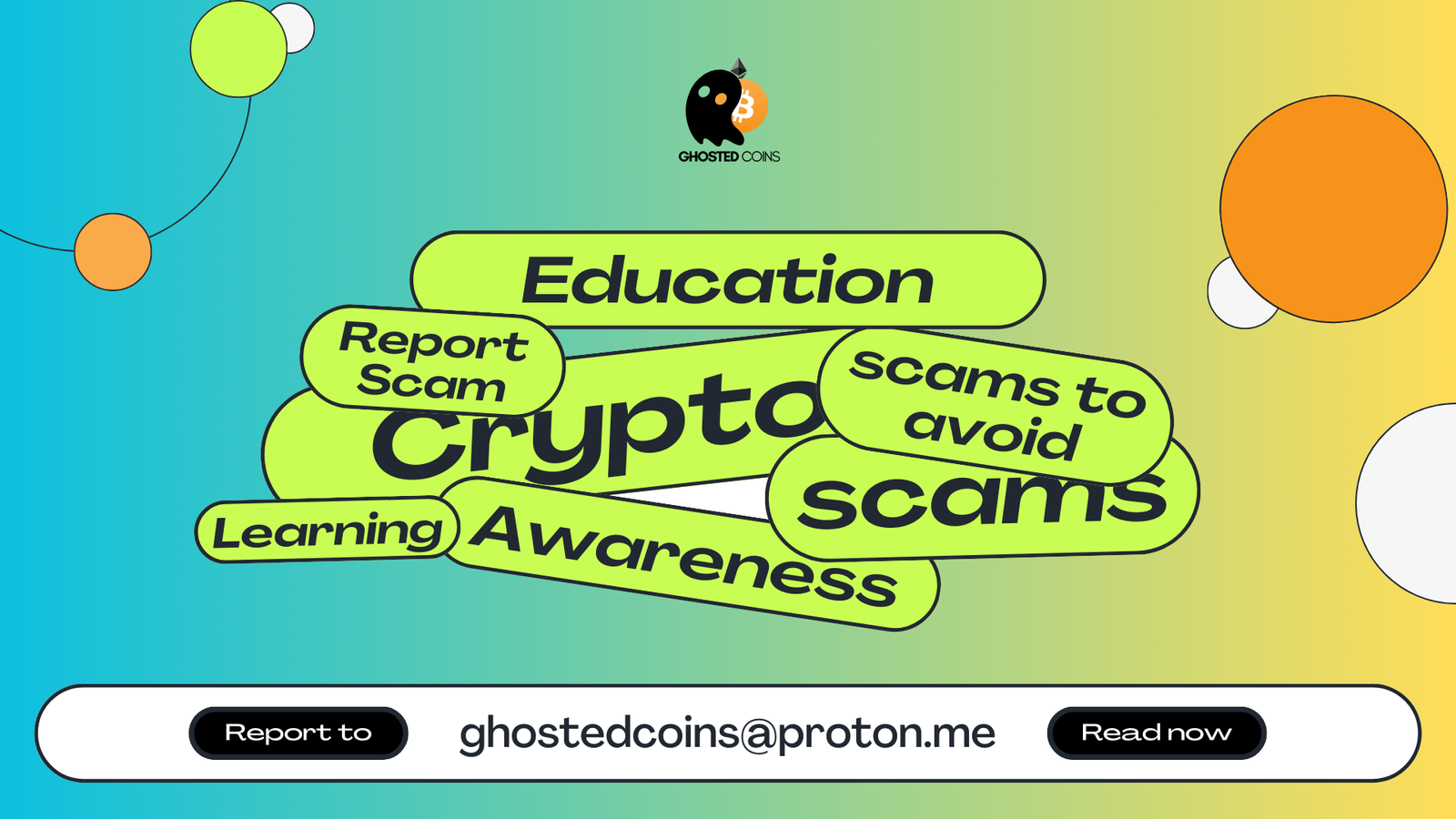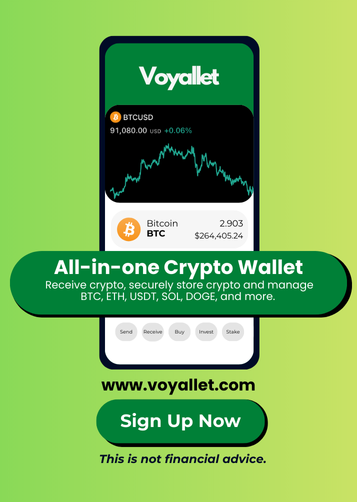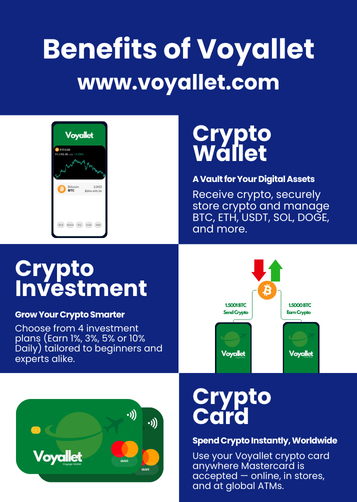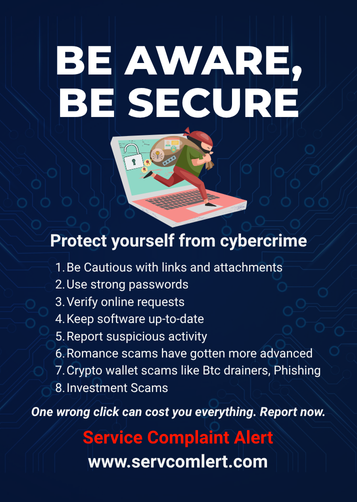For many, financial autonomy is more than a number in the bank — it’s a foundation for emotional well-being and personal empowerment. When financial control slips away, stress, anxiety, and feelings of helplessness often follow. Conversely, achieving financial independence can foster confidence, reduce relationship strain, and improve mental resilience in ways few other factors can.
In today’s complex economic landscape, where digital currencies and new financial tools are reshaping how we manage money, understanding the deep connection between financial autonomy and emotional health has never been more critical. This relationship is not only about budgets and investments but also about identity, trust, and the ability to make choices free from external pressures.
Why does financial autonomy matter so profoundly to our emotional well-being? Recent studies reveal that individuals who manage their finances independently report lower levels of depression and anxiety. Moreover, financial control often correlates with healthier interpersonal relationships, as money stress is one of the top causes of conflict between partners. Yet, despite its importance, financial autonomy remains elusive for many due to systemic barriers, lack of education, or risky financial practices.
At the core of this issue is the growing presence of digital assets and cryptocurrencies, which offer new opportunities — and new risks — in managing personal wealth. Tools that blend security, accessibility, and control are becoming vital. One such tool, Voyallet, integrates secure crypto storage, staking, and convenient crypto card features, allowing users to maintain tighter control over their digital finances without juggling multiple services. This is a crucial step in empowering users to reclaim financial independence in a rapidly evolving market.
Understanding the nuances of this link requires exploring the psychological impacts of financial dependence, the systemic challenges people face, and the emerging solutions that can help restore balance between financial control and emotional stability.
Financial Dependence: The Silent Strain on Mental Health
Financial dependence, whether on a partner, family member, or institution, can erode one’s sense of self and autonomy. When people feel they lack control over their finances, it can trigger chronic stress responses, impair decision-making, and lead to feelings of vulnerability.
Clinical psychologists note that financial stress often exacerbates existing mental health issues. According to the American Psychological Association’s 2024 report, money is consistently cited as a leading cause of stress, impacting nearly 60% of adults worldwide. This stress often manifests in sleep disturbances, irritability, and decreased motivation, creating a vicious cycle where emotional turmoil hampers financial decision-making — making it harder to regain control.
Financial dependence also affects relationships. Partners who do not share financial control frequently report resentment, misunderstandings, and power imbalances. This dynamic can escalate into emotional distance or conflict, further impacting emotional health.
Barriers to Financial Autonomy
Achieving financial autonomy is challenging for many due to several intertwined factors:
- Lack of financial literacy: Without clear knowledge of budgeting, saving, and investing, people can feel overwhelmed or vulnerable to poor decisions.
- Systemic inequalities: Gender wage gaps, employment instability, and socio-economic disparities limit financial independence.
- Risky financial environments: The rise of cryptocurrencies and digital assets offers new opportunities but also exposes people to scams, market volatility, and complex technologies.
- Limited access to secure, user-friendly financial tools: Managing traditional banking alongside digital assets can be cumbersome and intimidating.
Each of these barriers can contribute to prolonged dependence and its emotional toll.
Emerging Tools to Reclaim Financial Control
In response to these challenges, financial technology is evolving to support autonomy with greater security and simplicity. Modern digital wallets that combine multiple functionalities are empowering users to manage diverse assets seamlessly.
Voyallet is one example — a multi-functional digital wallet that supports secure crypto asset storage, staking for passive income, and a crypto card for everyday spending. By consolidating these functions, it reduces the friction and anxiety that often accompany juggling various financial services. This integration helps users maintain clear oversight of their financial activities, fostering confidence and a stronger sense of control.
Additionally, the secure nature of such wallets protects users from common fraud schemes and hacking attempts, a critical concern in the digital asset space. Knowing that funds are protected can significantly alleviate stress and contribute to better emotional health.
Real Stories: Financial Autonomy Restoring Emotional Balance
Consider the case of Elena, a freelance graphic designer who struggled with financial dependence on her partner for years. The lack of control over their shared finances left her feeling anxious and powerless. After educating herself on digital assets and adopting a secure wallet that included staking options and easy spending capabilities, she gradually rebuilt her financial confidence.
Elena explains, “Having direct control over my money, including investments I can monitor and manage independently, changed how I view my future. It’s not just about the money — it’s the peace of mind and self-respect that come with it.”
Similarly, Raj, a small business owner, describes how consolidating his crypto assets into a single secure wallet helped reduce the overwhelming stress of managing multiple accounts and passwords. “I’m less worried about security breaches or losing track of my investments. That clarity has eased a lot of my daily anxiety.”
Actionable Steps Toward Financial and Emotional Empowerment
If financial autonomy is a goal, taking measured and informed steps is essential:
- Educate Yourself: Start with basic financial literacy, focusing on budgeting, saving, and understanding digital assets.
- Use Secure, Integrated Tools: Consider wallets that offer comprehensive features such as secure storage, staking, and crypto cards to simplify management.
- Set Boundaries in Relationships: Open conversations about financial roles and responsibilities help prevent misunderstandings and build trust.
- Plan for Emergencies: Build an emergency fund to reduce anxiety during unexpected events.
- Seek Professional Advice: Financial counsellors or therapists can offer guidance on both money management and emotional well-being.
Closing Insight
Financial autonomy is not merely a fiscal milestone but a pillar of emotional health. As economic landscapes evolve and digital assets become mainstream, embracing secure, user-friendly financial tools and fostering open financial dialogue are crucial steps toward reclaiming control and peace of mind. Empowerment through financial independence ultimately nurtures resilience, confidence, and healthier relationships — foundations for thriving in today’s world.


















